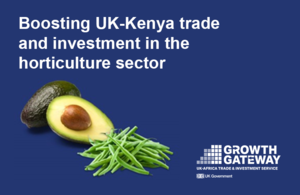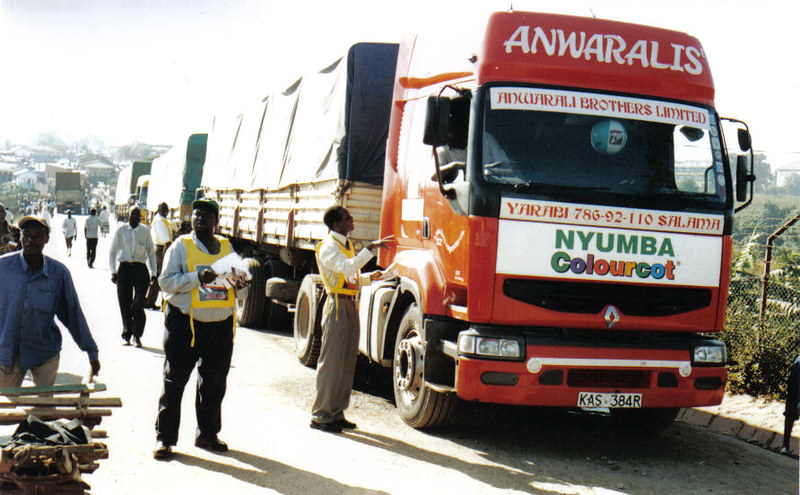
By George Munene
A joint project by the Growth Gateway and Trade Connect programmes commissioned by the British government has identified three high-potential horticulture products that could increase Kenya’s exports to the UK.
These were mixed vegetables, fresh fruit, and value-added products such as nut mixes, dried fruits, and avocado oil.
Mixed vegetables (cut and frozen)
The UK has a large export market for mixed vegetables, and Kenya is already a recognised supplier in the market.
Kenya has existing large suppliers with the potential to scale up from current exports of Sh7.6 billion to Sh17.1 to Sh21.4 million annually by 2030, and to generate many new jobs.
Related News: Strawberry exporter looking for outgrower farmers
Fresh fruit
Kenya currently exports avocados worth Sh712 million annually. This is however just two per cent of a rapidly growing, health-conscious consumer market.
By scaling up production of the right variety and quality of avocados, Kenya can potentially increase exports to between Sh4.3 million to Sh11.4 million annually by 2030.
There is a smaller opportunity to enter the market for mangoes. Both fruits could generate large-scale jobs for youth and vulnerable groups including women.
Value added products
The UK market for nut mixes and spreads, dried fruits, and avocado oil is estimated to be around Sh92.6 million annually and growing at 9 to 12 per cent CAGR.
This is driven by increasing consumer consciousness around health and wellness. With the right investment, opportunities exist for Kenyan SMEs to tap into this growing market.
Challenges
Kenyan agriculture producers have had issues in accessing the UK market due to having struggles delivering consistent quality and high volumes competitively. Poor trade facilitation, depreciation of the British pound, and uncertainty over post-Brexit food standards requirements have further reduced their market share.
Agro-exporters have also faced rising freight costs.
Related News: Kakuzi given green light to export avocado to China
Related News: How to register for export of banana and broccoli to Korea
As a major trading partner, the UK imported Sh83.7 billion from Kenya in 2021. This was mainly made up of crude vegetable & animal materials, flowers, coffee, tea, and fruits.
This trade is vital to Kenya’s horticultural sector, but it has been declining steadily since 2012. The horticultural sector exports high-value products to the UK with the sector being vital for Kenyan smallholder farmer incomes, jobs, and earning foreign exchange, which supports economic growth.
Write comment (0 Comments)
















